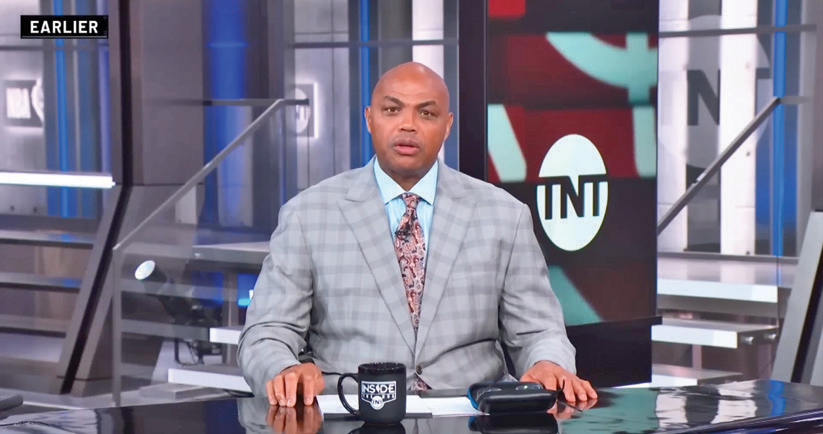Warner Bros. Discovery will stay on the court with the NBA in a new settlement that gives the media company a chance to keep professional basketball in its overall lineup, even as it cedes U.S. rights to traditional TV games to rivals.
The media company and the basketball league have devised a new pact that will give Warner Bros. Discovery rights to show NBA content on its Bleacher Report and House of Highlights outlets and to distribute games overseas in places such as Northern Europe and parts of Latin America, excluding Brazil and Mexico, according to a person familiar with the matter. The new pact, which comes with an 11-year term, ends a Warner suit against the NBA that started after the league elected to cut Warner out of the structure of its next TV deal, which it has set with Disney’s ESPN as well as Amazon and NBCUniversal.
The NBA did not respond immediately to a query seeking comment and Warner Bros. Discovery declined to make executives available for comment. The Wall Street Journal previously reported the new agreement.
Warner Bros. Discovery, in a separate deal, will make its flagship “Inside the NBA” studio show available to Disney’s ESPN at key moments of the NBA season, according to two people familiar with the matter. Under terms of that pact, Warner Bros. Discovery will gain some rights to show Big 12 football and men’s basketball, one of these people said. Warner Bros. Discovery will continue to produce the popular “Inside the NBA,” which is led by Charles Barkley and Shaquille O’Neal, and is also considering ways to develop it into an edition that looks at a wider array of sports.
ESPN declined to make executives available for comment.
Without the new deal, both the NBA and Warner faced unwanted scrutiny and a bruising, months-long legal battle. NBA executives were optimistic they would have prevailed, but could have been in court well into next season. Warner, meanwhile, would have suffered as it targeted a former partner at a time when media companies are even more beholden to sports leagues. Live sports games are one of the few content genres that can drive large, simultaneous audiences to video, something that big advertisers continue to crave.
The deal represents some turn of fortune for Warner Bros. Discovery, which is facing declines in its cable business that will be accelerated by loss of the NBA TV games next season, when the league’s new TV contact goes into effect. Warner in August unveiled a massive $9.1 billion write-down of its TV assets, citing business headwinds as well as the projected loss of its lucrative agreement with the NBA to show games on its cable networks
Warner had maintained that its current deal with the NBA gave it the ability to offer to “match” a new package of the games it currently shows, and the company had, prior to filing its lawsuit, held out hopes of securing a fourth package of games. Such a concept was viewed as unlikely because all of the NBA’s national telecasts were accounted for in deals with the other three companies.
Warner’s new deal with the NBA will also allow it to continue to manage the NBA’s digital outlets, which it has been doing for years. The NBA has been partners with Warner and its predecessor companies for more than three decades, with Warner cable networks showing NBA games starting in 1989.
The company has reason to fight to stay in the NBA’s good graces. Loss of NBA games will crimp the operations of TNT, its flagship cable operation. Cable and satellite distributors would no doubt see the absence of those games as reason to call for reduction in distribution fees, even though Warner has secured a passel of new rights deals with such properties as the French Open and NASCAR, and signed a deal to show two CFP games that had been assigned to ESPN.
NBA games have driven a lot of Warner’s past revenue. All of TNT’s top broadcasts in 2023 were NBA broadcasts, according to data from Nielsen, and NBA games appear to have driven the bulk of ad sales for the cable network in the second quarter of last year.
Executives believe the new pact, with international games and digital highlights, could drive as much as $100 million of profit over the agreement’s first five years, according to one of the people familiar with the situation.

